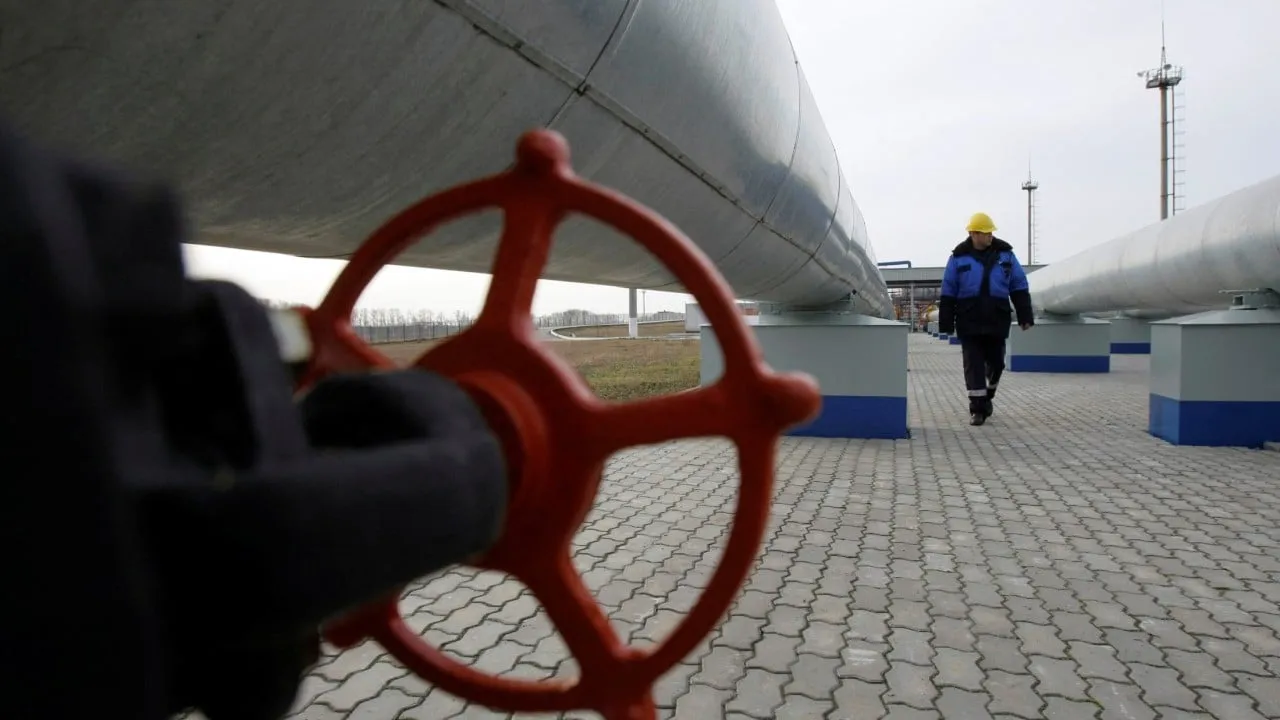China Economy Faces Uncertainty as Power of Siberia 2 Pipeline Omitted from Mongolia's Plans

Power of Siberia 2 Pipeline: A Key to China Energy Needs
The Power of Siberia 2 natural gas pipeline, which aims to connect Russia and China, is facing an uncertain future after Mongolia's government omitted it from its action plan through 2028. This decision is interpreted as a significant setback for Russia, which could have used the project as a financial lifeline during ongoing sanctions due to the Ukraine war.
Mongolia's Strategic Dilemma
Mongolia's involvement is crucial to the pipeline's success, as it covers much of the proposed route. Negotiations on construction and transmission fees will falter without Mongolian support. Analysts suggest that the omission from the action program stems from pricing disagreements and concerns of secondary sanctions from Western nations.
- Experts like Munkhnaran Bayarlkhagva believe Russia might pause the project given Beijing's dissatisfaction with Gazprom's control ambitions.
- China and Russia's economic dynamics play a critical role, as both are looking to Mongolia for investment.
With a combined natural gas import of 75.4 million tonnes from Russia, China's energy cooperation with its northern neighbor remains essential. As Premier Li Qiang prepares for discussions in Moscow, energy dynamics will be a focal point in China-Russia relations, particularly concerning this pipeline's future.
This article was prepared using information from open sources in accordance with the principles of Ethical Policy. The editorial team is not responsible for absolute accuracy, as it relies on data from the sources referenced.